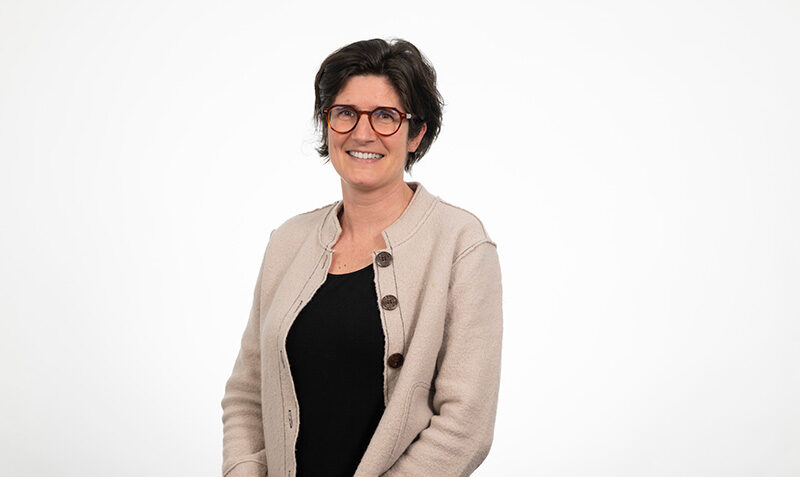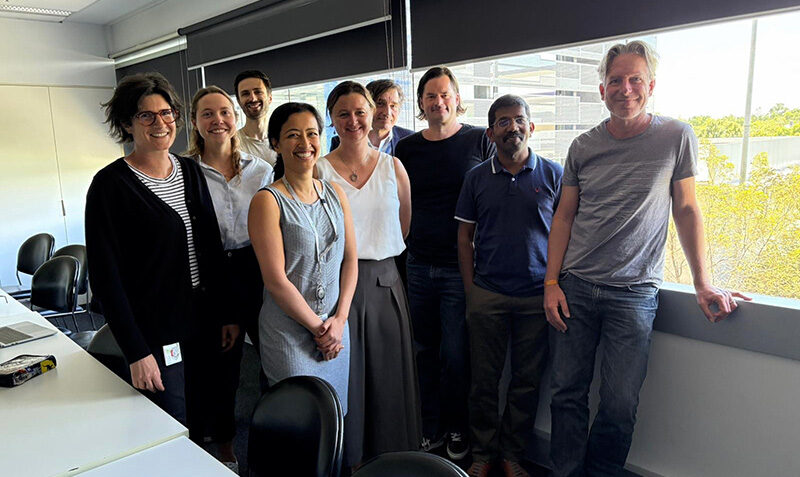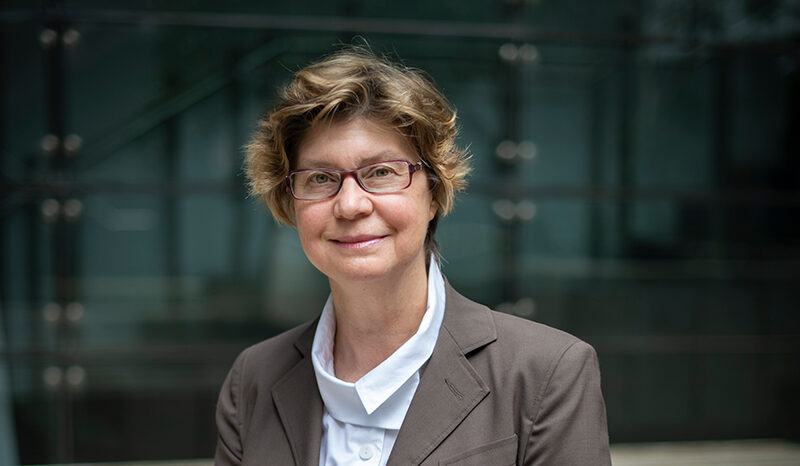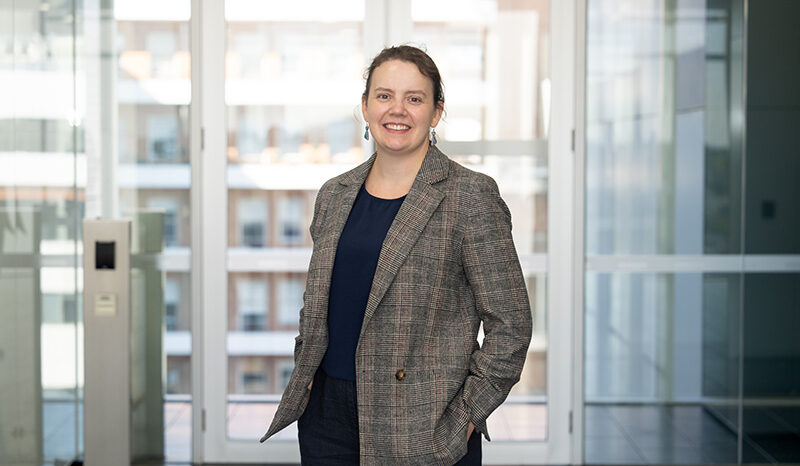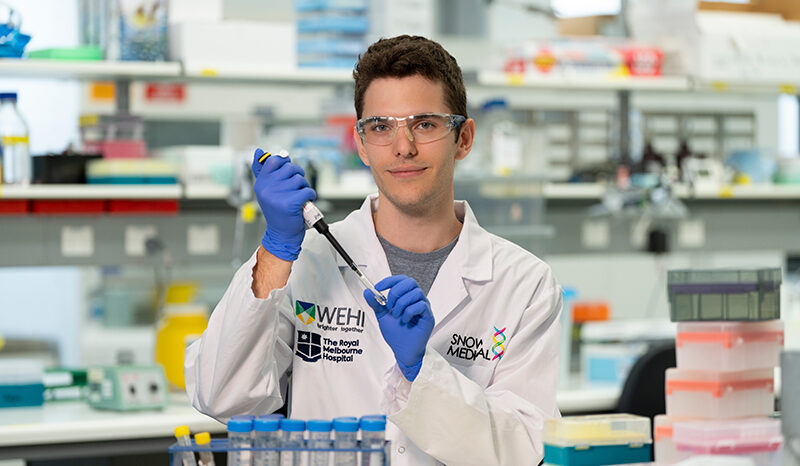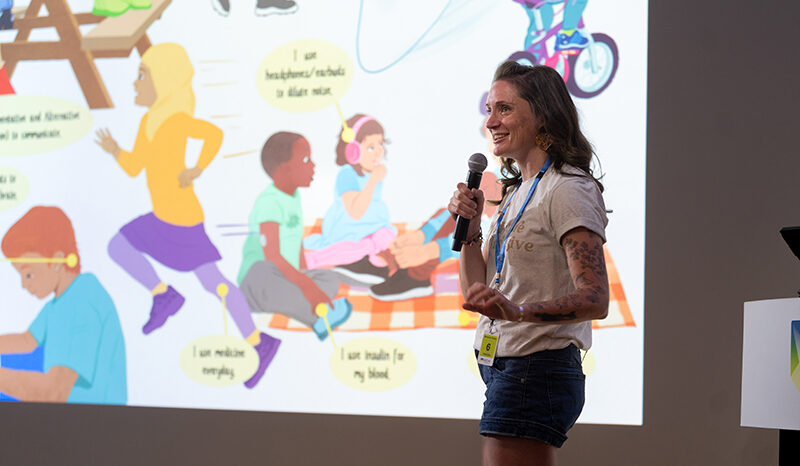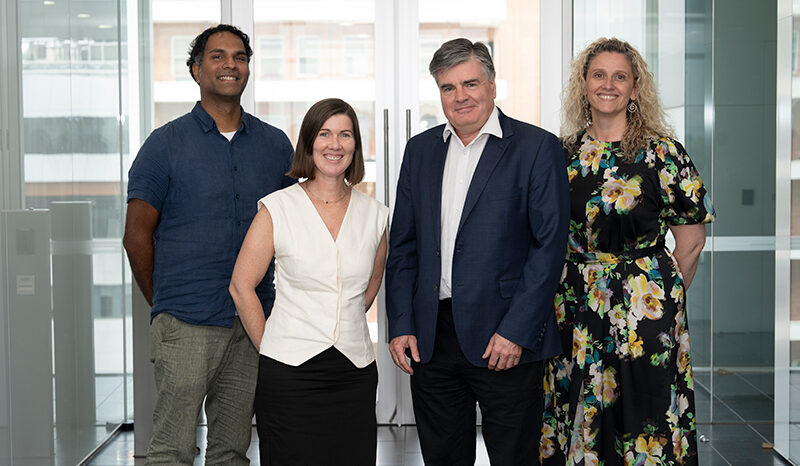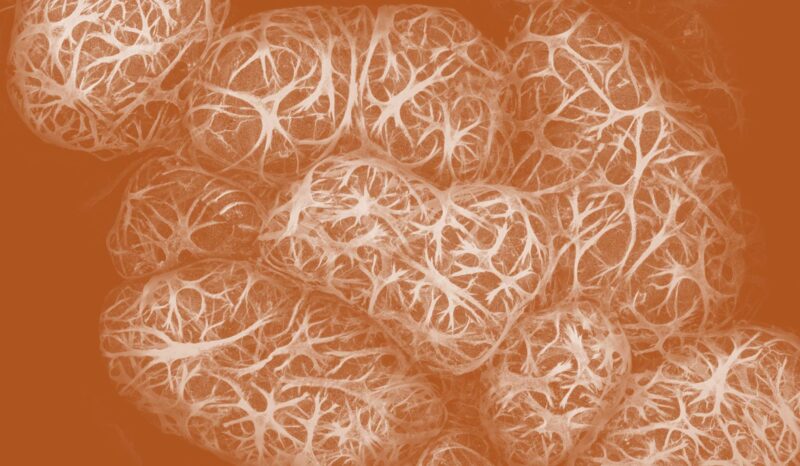Unlocking powerful new therapies
In Australia, lung cancer causes more deaths than breast and colorectal cancers combined.
Prof Asselin-Labat, head of the personalised oncology division at WEHI, said while lung cancer was the leading cause of cancer deaths in Australia, research into the disease was surprisingly underfunded.
“Recognising this critical gap, I made a pivotal decision 12 years ago to shift my focus to lung cancer,” she said.
Over the last decade, Prof Asselin-Labat has leveraged her expertise in breast stem cells and cancer biology to investigate the interactions between lung cells and the immune system, aiming to uncover new therapeutic strategies.
“It is the greatest honour to receive this award on behalf of our team. I feel we’re on the brink of understanding a powerful inner world that will unlock the immune system to help fight one of the deadliest cancers – and many others too, like melanoma,” she said.
Supported by a $5 million NHMRC Synergy Grant, Prof Asselin-Labat is now leading a multi-institutional collaborative team to investigate the interplay between the immune system and cancer, seeking to answer big questions like why some patients respond to immunotherapies while others do not.
“This funding will help take us to the next level, to hopefully create the next generation of cancer therapies, powered by the potential of the immune system.”



